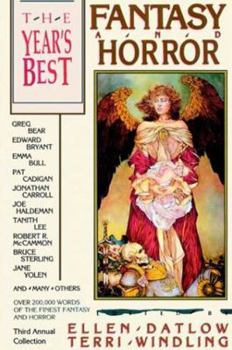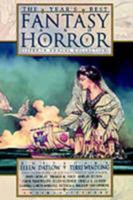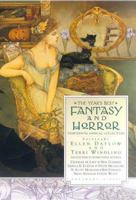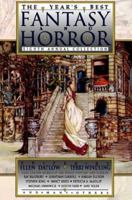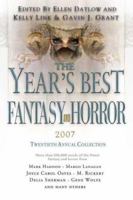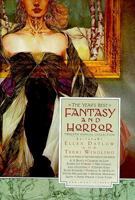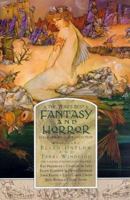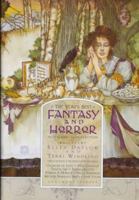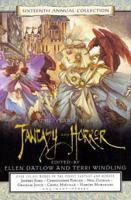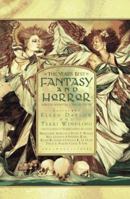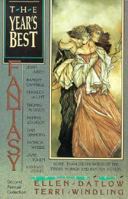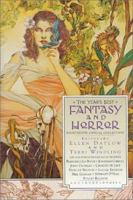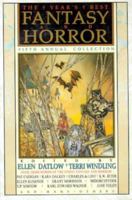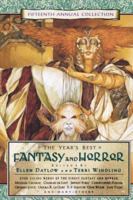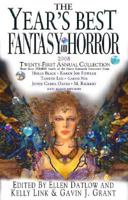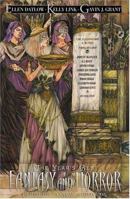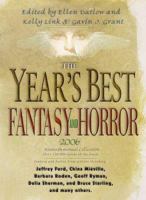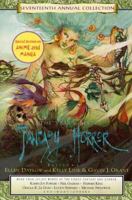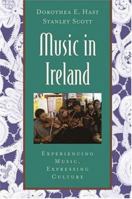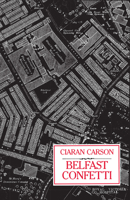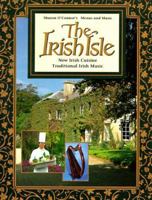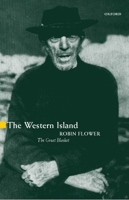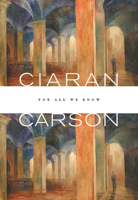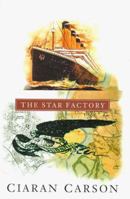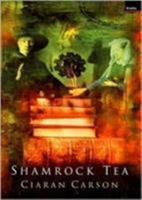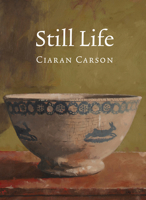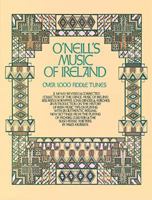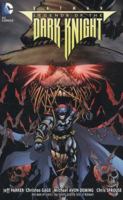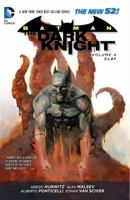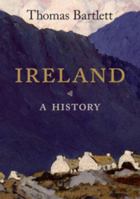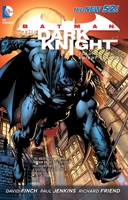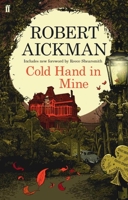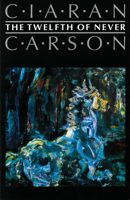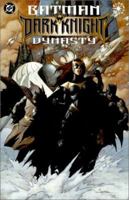The Year's Best Fantasy and Horror Third Annual Collection
(Part of the The Year's Best Fantasy and Horror Series)
Select Format
Select Condition 
Book Overview
You Might Also Enjoy
Customer Reviews
Rated 5 starspure magic
If you`ve read too much minimalist academic fiction, you`re in for a treat. These stories, both dark and light, and infused with magic and poetry, have been culled from sources as diverse as the New Yorker, the Iowa Review, and some very obscure zines. Established masters of their craft such as Ursula Leguin and N. Scott Momaday rub shoulders with intruiguing newcomers such as Linnet Taylor and Mary Sharratt. Kelly Link`s...
1Report
Rated 5 starsDelightfully Wonderful
Every year the annual Year's Best Fantasy and Horror Collection keeps my eyes glued to a book. The Stories and magical and entertaining, written by some of today's best fantasy and horror writers. The stories range from Tolkienesque tales with magical creatures to more serious fiction stories. Many sparked my imagination And of course, quite a few frightened me to a point where I left nail prints in the binding. I recommend...
1Report
Rated 5 starsurban fairy tales, magic realism, supernat. & psych. horror
All of the stories and poems collected in this Sixth edition of the Year's Best Fantasy and Horror are good. *All* of them. There is no filler. The editors choose stories not only from genre fiction, but from unexpected sources as well, giving the reader a wonderful, surprising, eclectic selection.
0Report
Rated 5 starsOne of the best of the Best!
This is the best collection of stories of fantasy and horror I've ever found. I've bought and read a few of these Year's Bests before, but this one was stunning. Great stories by Nancy Pickard, Michael Cadnum, Michael Chabon (who turns in a Lovecraftian tale of all things! Go Michael!), Norman Partridge, Douglas Clegg, Jack Womack, and Gary Braunbeck--this is an amazing collection, and I'm even more enthralled by the...
1Report











